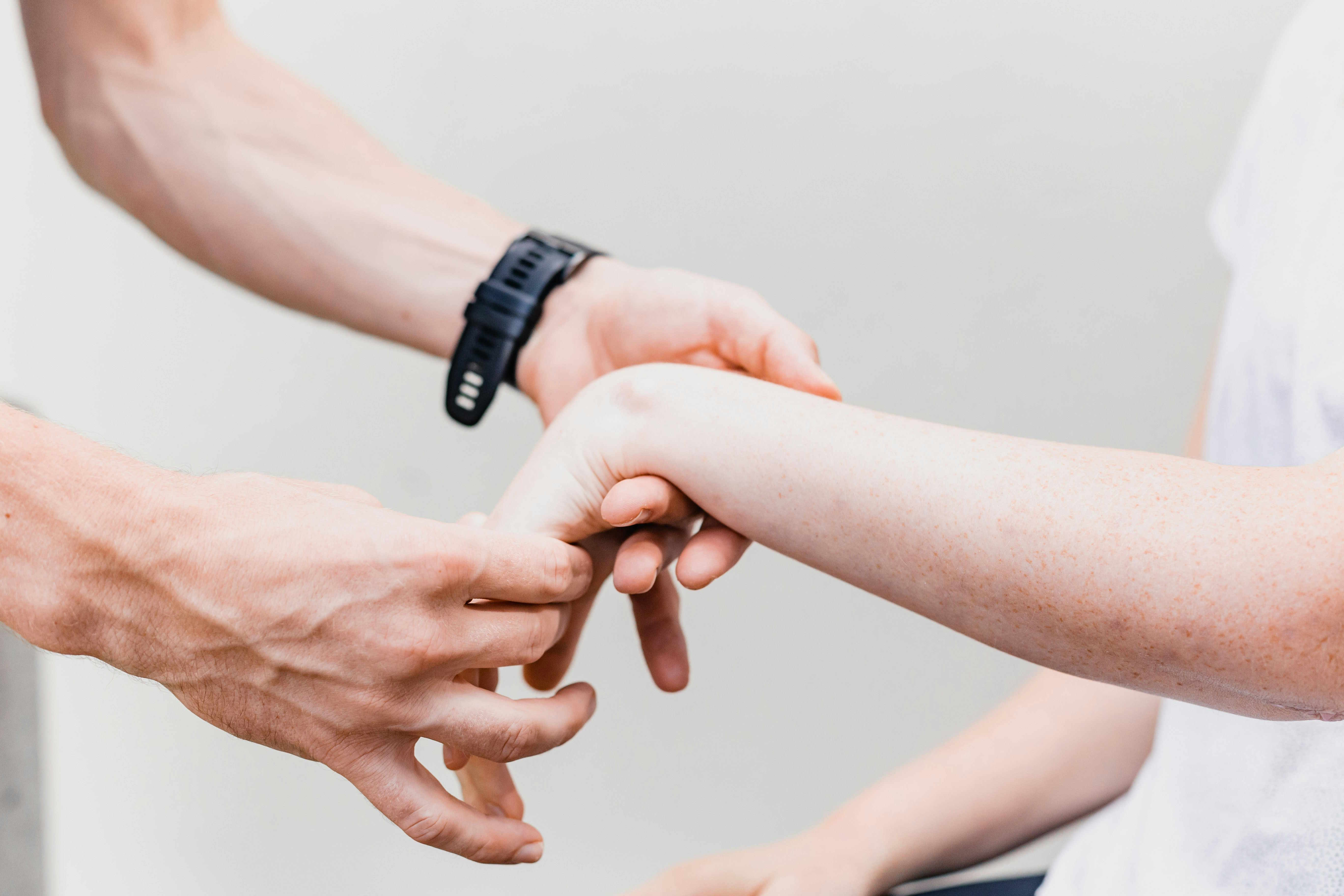Unraveling the Rhyme and Reason of Health through Chronobiology
Have you ever wondered why you feel more productive at certain times of the day? Or why your body desires sleep when darkness falls? Welcome to the fascinating world of chronobiology!

Understanding Chronobiology: A Journey Through Time
Chronobiology is the study of biological rhythms and how they influence our health and behaviors. It explores the cyclical variations in our body’s physiological processes such as sleep-wake cycles, eating habits, and hormone production. These cycles, known as circadian rhythms, offer an intriguing lens to understand our bodies and optimize our well-being.
Science-Backed Insights into Chronobiology: Current Health Trends
Chronobiology is increasingly recognized as crucial to health and wellness. Disrupting our biological clocks—through shift work, jet lag, or poor sleep hygiene—can have profound health impacts. Recent studies link circadian rhythm disruptions with increased risks of obesity, diabetes, heart disease, and some cancers.
Moreover, chronobiological discoveries have resulted in novel treatment strategies. Chronotherapy, for example, schedules medical treatments according to our body’s rhythms to maximize efficacy and minimize side effects.
The Practice of Chronobiology: Promises and Pitfalls
Incorporating chronobiology into our daily lives can help boost productivity, improve sleep quality, and enhance overall health. By synchronizing our behaviors with our body’s internal clock, we can optimize our physiological functions.
However, for all its promises, the practice of chronobiology is not without challenges. Our modern lifestyle—full of artificial lights, constant connectivity, and erratic schedules—often clashes with our natural rhythms. Plus, each person’s “chronotype” or circadian disposition, can vary, making universal guidelines difficult.
Evidence-Based Health Tips: How to Sync with Your Body Clock
- Respect your sleep: Aim for a consistent sleep schedule, even on weekends. Quality sleep helps reset your biological clock.
- Control your exposure to light: Seek natural sunlight during the day and limit exposure to electronic screens at night to maintain your body’s natural rhythms.
- Mind your meals: Consuming your largest meal earlier in the day can align with your metabolism’s peak activity.
- Stay active: Regular exercise can aid in synchronizing your body’s rhythms, but avoid intense activities close to bedtime.
- Manage your stress: High-stress levels can disrupt your circadian rhythms. Techniques like mindfulness or deep-breathing exercises can help control stress.
Chronobiology as the Next Frontier in Health and Wellness
Understanding and harnessing the power of chronobiology are emerging as vital components of holistic health. By aligning our lifestyles with our body’s internal clock, we can enhance our well-being, prevent disease, and live healthier lives. With every tick of the clock, chronobiology offers fresh insights into the rhythm of life itself.




